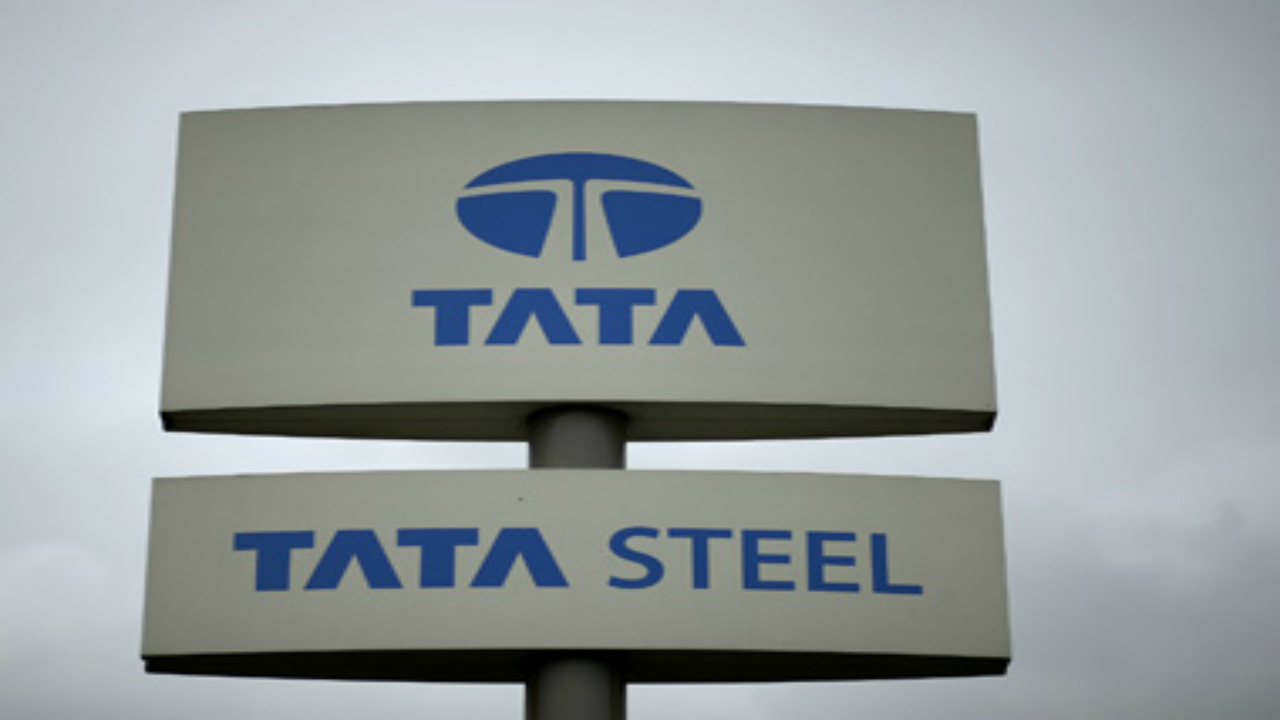Tata’s merger with ThyssenKrupp
June 29, 2018 | Expert Insights

According to media reports, the merger between Tata Steel and ThyssenKrupp is almost official. The two parties are reportedly close to agreeing on final terms. Thus, Europe's second-biggest steelmaker, after Arcelor Mittal will be created.
Background
Tata Steel Limited is an Indian multinational steel-making company headquartered in Mumbai. It is one of the top steel producing companies globally. Tata Steel has manufacturing operations in 26 countries, including Australia, China, India, the Netherlands, Singapore, Thailand and the United Kingdom, and employs around 80,500 people. Its largest plant located in Jamshedpur, Jharkhand. In 2007 Tata Steel acquired the UK-based steel maker Corus.
Owing to dwindling of demand and years of losses because of cheap imports from China, in March 2016 Tata announced that it was looking to sell all its UK businesses, plunging the sector into crisis. In 2014, the steel industry’s importance to the whole economy has declined, from 0.5% of total output in 1990 to the current total of 0.1%. In January 2016, the company announced more than 1,000 UK job cuts, 750 in Port Talbot, where it employs 4,000 staff and a further 3,000 contractors and temporary workers. The UK makes a very small profit from steel- in 2014, the UK steel exports were worth £6.0 billion and imports were worth £5.9 billion.
Recently, Tata Steel has tried various rescue operations. As of December 2016, Tata Steel UK decided to cut itself from the British Steel Pension Scheme as it had posed a significant obstacle in the way of a resolution for Tata’s struggling British operation. Additionally, talks of Tata merger with Thyssenkrupp on European steel operations began in 2016.
Thyssenkrupp AG is a German multinational conglomerate with focus on industrial engineering and steel production. The company is based in Duisburg and Essen and divided into 670 subsidiaries worldwide. It is one of the world's largest steel producers.
Analysis
The proposed merger between Tata Steel and the steel operations of Thyssenkrupp, would secure the future of the Port Talbot steel works in Wales and a total of 8,000 UK jobs. On the contrary, this merger has been receiving strong opposition from the German labour union IG Metall and ThyssenKrupp steelworkers, 7,500 of whom staged a rally on 3rd May 2017 in Duisburg, Germany against it.
Thyssenkrupp had previously unveiled plans to cut costs by £423 million at its steel business. This merger is ThyssenKrupp’s attempt staying afloat in the global steel markets, which are now characterized by overcapacity and price decline. IG Metall has said that could lead to 4,000 out of the 27,000 jobs at Thyssenkrupp Steel Europe being axed. In addition to this, more cuts could be made at ThyssenKrupp’s German steel sites to make room for Tata's ailing steel plant in Port Talbot, Wales.
According to a report by the BBC, the final terms of the deal will now be finalized and announced over the course of next few days. It will see Tata Steel's UK plants merged into a pan-European venture with annual sales of about £13bn. In accordance to the new deal, Thyssenkrupp will own about 55 per cent of the equity in the new company and Tata will have 45 per cent. Originally, the merger was supposed to be a 50-50 split, however, Thyssenkrupp’s activist shareholders pressured management into revising the deal.
T. V. Narendran, Global CEO and MD, Tata Steel recently spoke about the deal noting, “The European business struggled because the market for steel in Europe collapsed post 2008 and it has been the last of the major markets to recover. Even today, steel consumption is not much different from what it was 10 years back. However, we have taken a number of tough calls over the years and our colleagues in Europe have also worked hard to drive greater efficiencies and develop a richer product mix and a stronger market position. Since last year, we are also seeing a certain robustness for steel demand that we have not seen for a long time. The JV will help us create a strong number 2 player in Europe and we have identified 400 to 600 million Euros per year of synergies for the combined entity. We are confident that we are moving in the right direction and are creating a strong and sustainable European business that is well positioned to capitalise on a recovering European market.”
Assessment
Our assessment is that Tata Steel supports more than 18,000 jobs in Wales and is worth £2.3 billion to the Welsh economy. However, in the face of Brexit the future of Tata’s steel plant in Port Talbot may be in even worse trouble. This deal is likely to rejuvenate Tata’s middling business in the region. It should also be noted that the deal is taking place during a period where ArcelorMittal is trying to break into the Indian market.








Comments